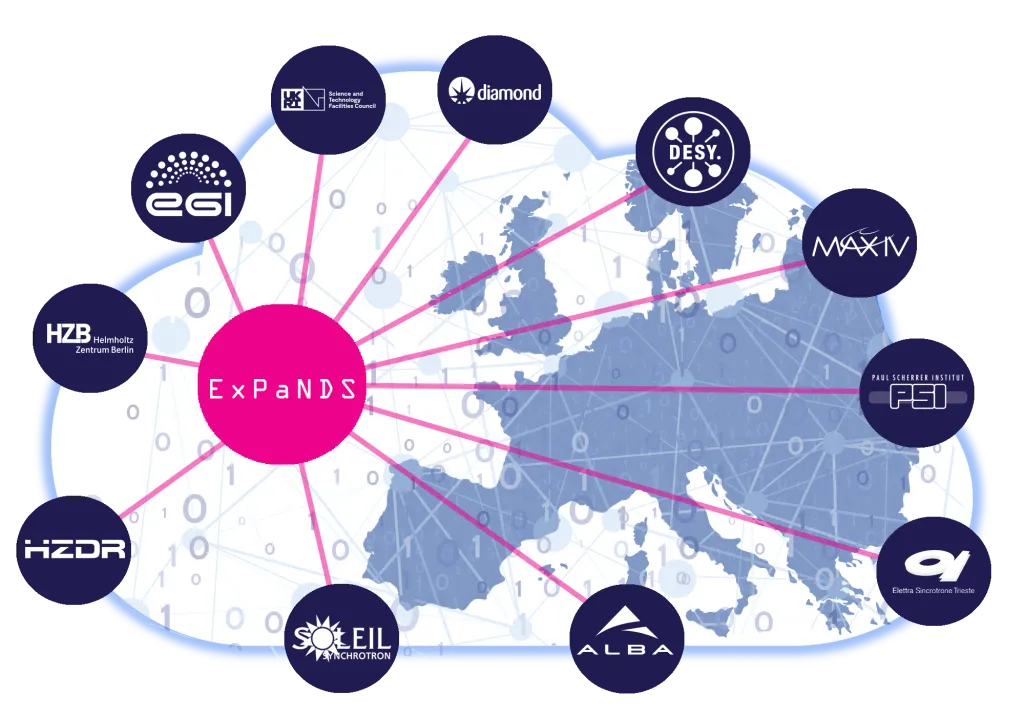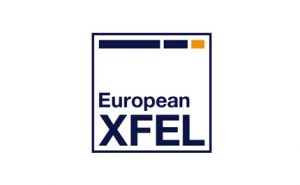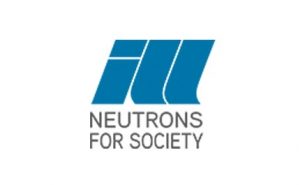Training materials
-
scripts, slides, tutorials
Training material made FAIR by design
 • beginnerFAIR data FAIR digital objects TeSS Teaching Training materials
• beginnerFAIR data FAIR digital objects TeSS Teaching Training materials -
slides
Computational Reproducibility with the shell, Git and Docker
scientific software reproducibility docker container version control shell
-
slides, video
UmbrellaID Workshop: Keycloak
UmbrellaID
-
slides
ETH Lib4RI: Research Data Management – The Basics
data catalogue data management metadata SciCat
-
slides
Joint Public Session ExPaNDS/PaNOSC on metadata catalogues (SciCat implementation) and future perspectives
expands PaNOSC open data wp3-ExPaNDS
-
video, slides
NOBUGS 2022
NOBUGS scientific software -
slides
Virtual Infrastructure for Scientific Analysis (VISA) Workshop
VISA expands PaNOSC remote data analysis services
-
slides
A deep dive into the mathematics of Machine Learning
machine learning
-
video, slides
Neutrons for Magnetic Nanostructures on Surfaces: Beyond the Specular Intensity Wars
polarized neutron reflectometry grazing incidence scattering magnetic nanoparticles GISANS
-
video, slides, scientific article
Seeing the chemistry in biology using neutron crystallography
macromolecular neutron crystallography biological macromolecules neutron